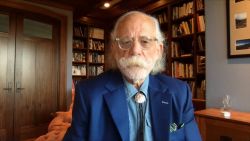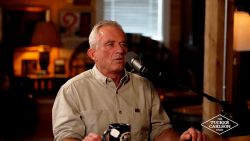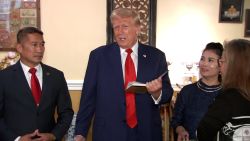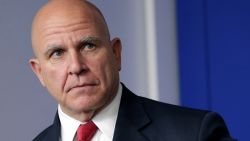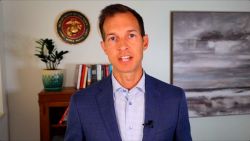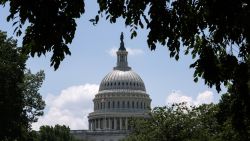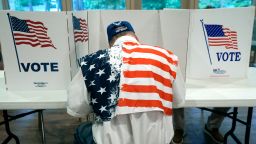In the Washoe County elections office, everyone is new to the job.
Cari-Ann Burgess – the top elections official in the county – is the third registrar of voters there in just four years. She’s been leading the office for less than six months. Her deputy, Andrew McDonald, has been on the job for a few weeks. Media production specialist George Guthrie started less than nine months ago. Even Noah Autrey, the office assistant, started full-time less than a year ago.
With 100% staff turnover since the last presidential election, Washoe County is emblematic of a nationwide trend. States are gearing up for the 2024 election while grappling with an election worker exodus driven by the complexity of the job, as well as threats and harassment, experts say. Election worker turnover has been ticking up steadily over the past two decades, but the pace has increased in recent cycles.?Since 2020, at least 36% of local election officials have left the job, according to researchers from the Bipartisan Policy Center and the University of California, Los Angeles.
“We know that an unsafe work environment is a big consideration for election officials when they leave their roles,” said Rachel Orey, a senior associate director of the Bipartisan Policy Center’s elections project. “Threats and harassment are one of the many factors that lead to turnover.”
Burgess has quit before too. She worked on elections in her home state of Minnesota in 2020, until the stress became too overwhelming.
On a grocery store run with her children, a constituent started screaming at her, prompting Burgess to abandon her cart and leave the store.
“My daughters were visibly shaken when that happened,” Burgess recalled. “I was shaking because I was so upset that somebody would have the audacity to do that to me in a grocery store in front of my children.”
Burgess soon traded irate voters for sunsets in Ocean Isle Beach, North Carolina, where she took a job managing a friend’s beachfront ice cream shop.
“It was just the mental break that I needed,” Burgess said.
She handpicked which ice cream flavors to order, managed a gaggle of teenage staff and walked along the pier, spotting dolphins and leatherback sea turtles.
“I never expected to go back to elections. Never,” she said.
But the career shift didn’t take.
“I love this country. I love elections. It’s who I am,” Burgess said, tearing up. “I had to come back.”
She had been working in elections in Nevada for about nine months when she was chosen to lead election administration in the state’s second-largest county. Her appointment to interim registrar generated an icy response.
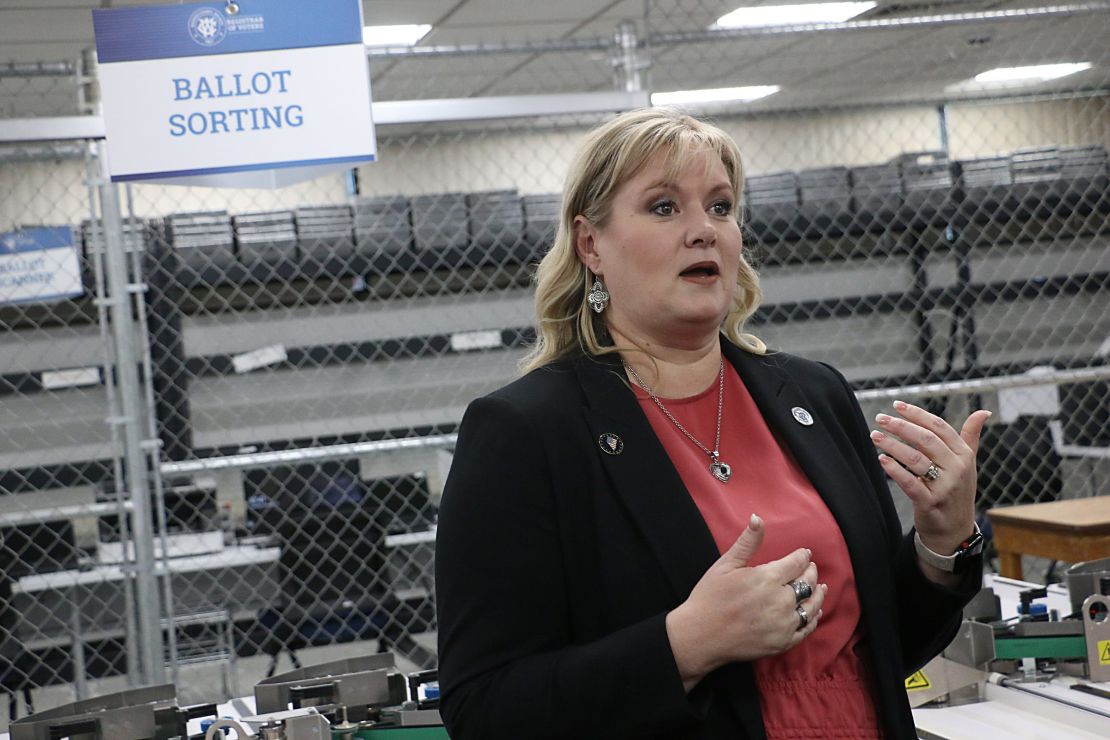
Constituents filed up to the microphone at the county commissioners meeting in mid-January. Then they let it rip – questioning Burgess’ resume, suggesting she got the job because she has “friends in high places” and denouncing her hiring as “shady, shady, shady.”
It was a wave of familiar faces, perhaps none more familiar than real estate investor and cryptocurrency entrepreneur Robert Beadles.
“Now you have this Cari-Ann, she may be the nicest gal in the world, but she’s certainly not qualified to be our registrar of voters,” Beadles told the commissioners.
Beadles – who backs former President Donald Trump and describes himself as a constitutionalist – has devoted significant time and money spreading the kind of election skepticism that ballooned nationwide after Trump’s baseless claims of fraud in 2020.
Nevada’s critical battleground
Washoe County – home to Reno, “The Biggest Little City in the World” – is the critical battleground county within the battleground state. In presidential elections, whoever wins the county tends to win the state. The county has broken for Democrats in the past four presidential races, sometimes narrowly.
As the number of registered voters in the county has grown, and voters have gained easier access to the ballot box, running elections there has also become more complicated. In 2021, the state permanently expanded mail-in voting, requiring clerks to send every active registered voter a ballot before the primary and general elections.
An audit of the 2022 midterm elections in Washoe highlighted the pitfalls when an expanded election workload and a new workforce collide. The audit determined that the office was understaffed and inexperienced, leading to poor communication with constituents and expensive errors, although none that affected the election results, including for Senate, House and governor.
The audit noted that the “collective inexperience and lack of institutional knowledge” led to ballot errors that required a costly ballot reprint.
Since the audit, the registrar’s office staffed up, bringing on Burgess and others, and workers have gone through additional training. The office added additional cameras and a floor-to-ceiling glass observation booth for election observers – steps to improve transparency and to protect employees.
After the stress she experienced in 2020 – waking up in the middle of the night, losing patches of hair – Burgess is on a personal mission to protect her staff from the same kind of burnout. She’s urging them to get enough sleep, use their vacation days and take advantage of mental health resources in the run-up to November.
“I’m like, you guys, this is a piece cake right now,” Burgess said. “It’s gonna get worse.”
The audit also noted that “a skeptical portion of the public is demanding more information so they can understand election administration.”
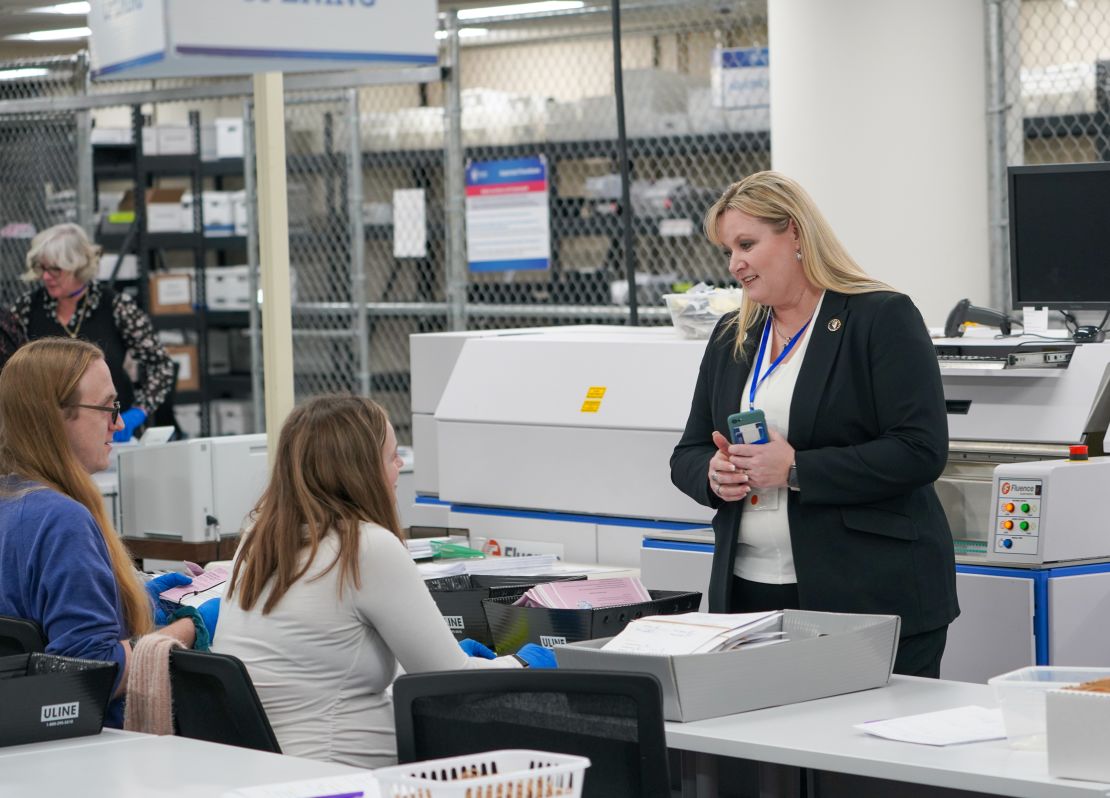
Burgess said she has an “open-door policy” if members of the community want her to walk them through the process. Her team also rearranged the ballot counting area so election observers can see more of the machinery directly rather than on the livestream from video cameras.
“I’m trying to do everything possible to make sure that anybody who observes can see every part of our election process,” Burgess said. “Nothing nefarious is going on here.”
New law to protect election workers
The clean sweep of the election office staff and other changes have done little to sway the county’s chief election skeptic.
“They’re literally just counting everything behind closed doors and come out and tell you who wins. How do you trust that?” Beadles told CNN in an interview.
Asked about the observation areas available to election observers, Beadles dismissed it as “smoke and mirrors.”
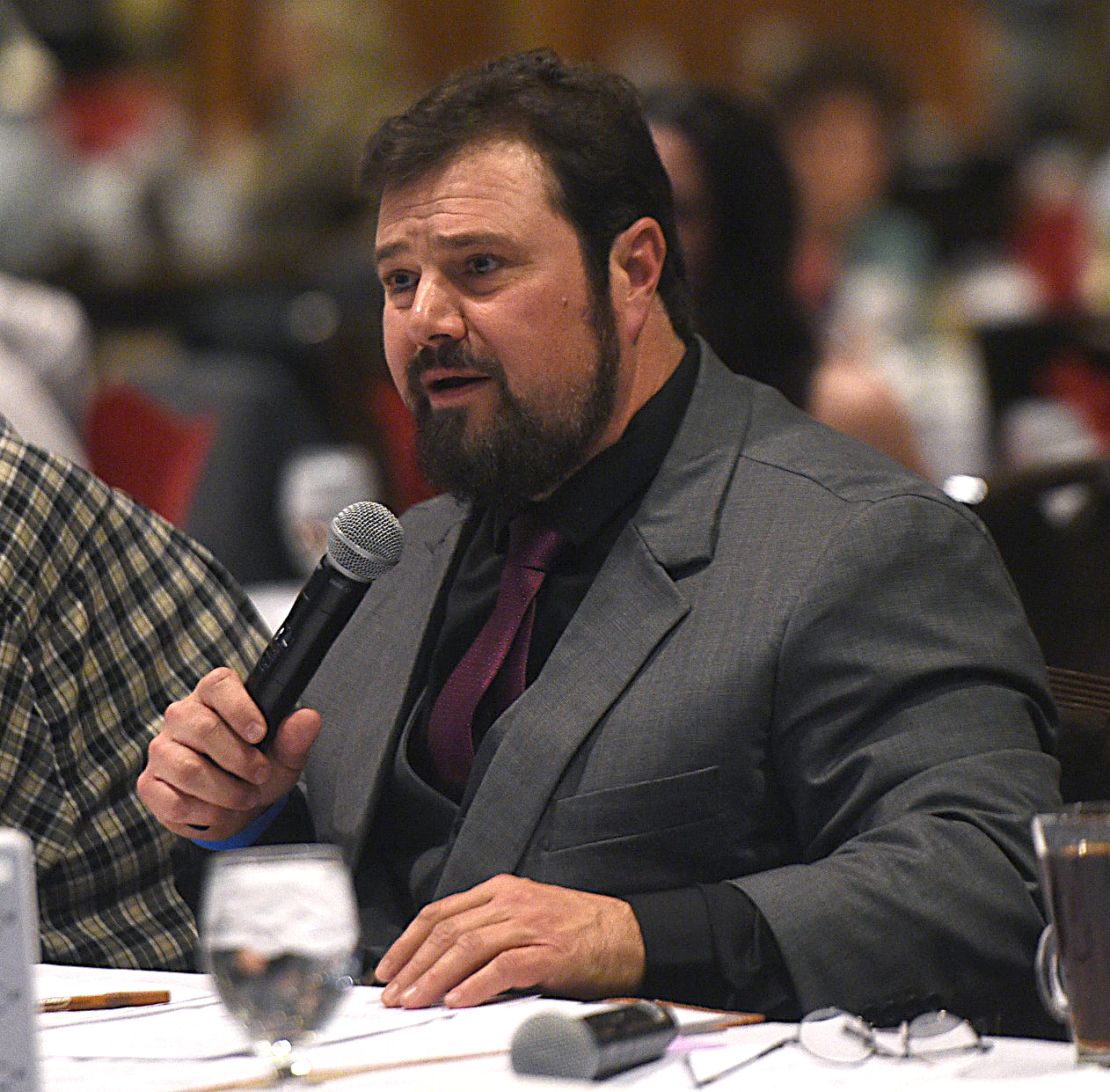
Beadles campaigned for the removal of the two previous registrars, one of whom specifically cited threats and harassment as a reason for leaving. Beadles took aim at another prior registrar, accusing her of treason and telling commissioners, “Either fire her or lock her up.”
Last year, Nevada’s Democratic-controlled Legislature passed a law – signed by Republican Gov. Joe Lombardo – making it a felony to harass or intimidate election workers with the goal of interfering in their work or retaliating against them, punishable by up to four years in prison.
Beadles – who says he has never harassed an election official – has been battling against the law ever since, calling it “election suppression.”
“When you read it, you’ll see that if you just simply asked an election worker why they did what they did, if that just slows them down from their job, that could get you four years in jail, you know that?” Beadles said. “If you simply said, ‘Well, why did you sort that ballot? Or why didn’t you check that signature?’ They can give you four years in jail for that.”
That’s not how Burgess sees it. The new election law, she said, is another tool to keep her staff safe from threatening behavior, not criticism – and, she hopes, to help her retain staff beyond this election season.
“I have told them, and I’m going to continue to tell them, that if somebody’s yelling at you just walk away, just be nice,” Burgess said. But if staffers are being threatened with physical harm, “you go ahead and you report that,” she said.
Reports nationwide, as well as locally, have documented escalating threats against election workers. But Beadles doesn’t buy it, arguing Nevada’s new law is unnecessary.
“Nobody’s harassed or intimidated or assaulted any of these people,” he said.
Asked about Beadles’ refusal to believe that harassment even takes place, Burgess appeared unsurprised.
“I’m so sorry you feel like that, that you believe that,” she said. “I was one who lived it.”





